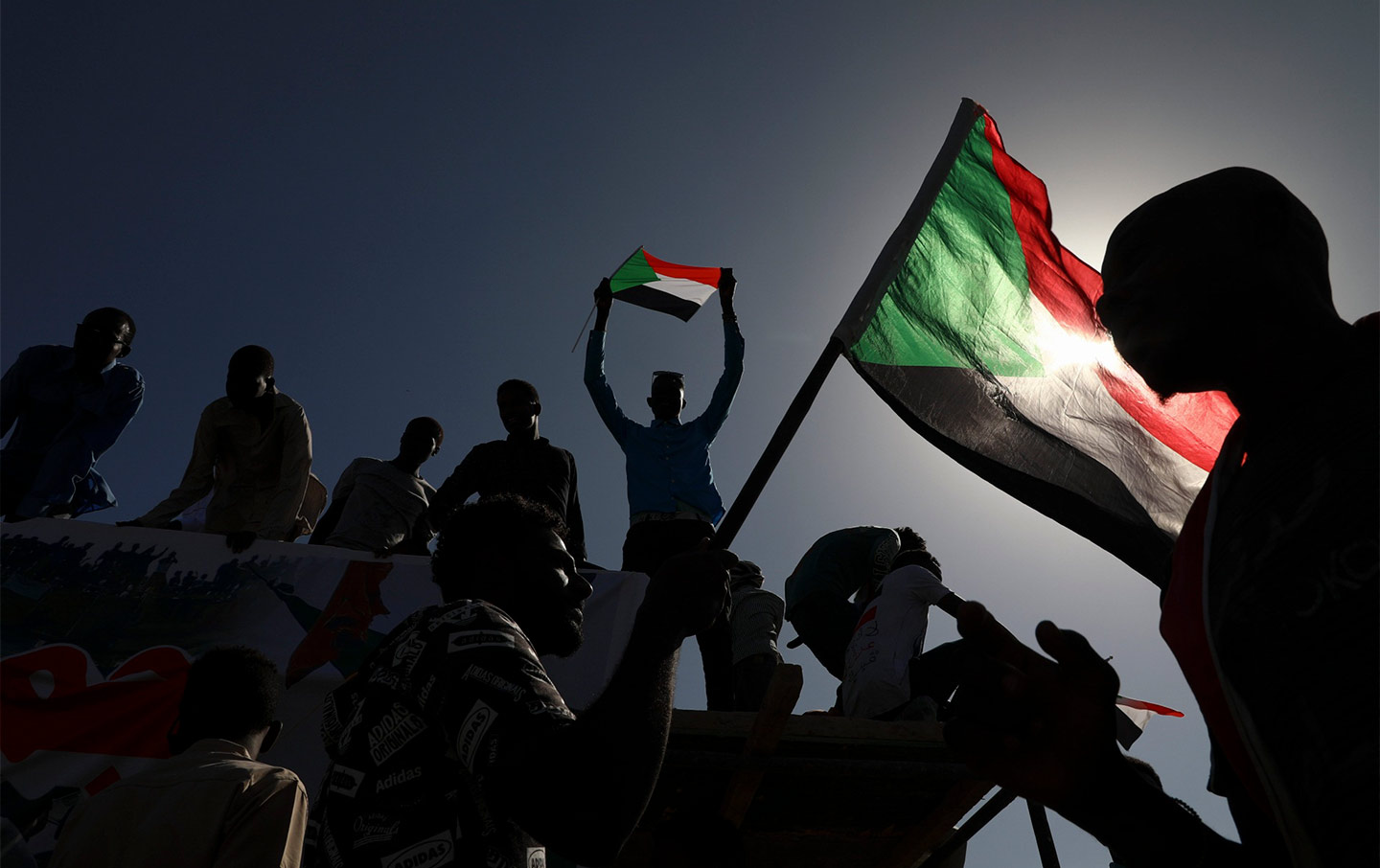
Optimism and Horror in Sudan Two Years After Protests Started
Sudan has experienced a whirlwind of change since its popular revolution kicked off two years ago, bringing an end to the three-decade reign of strongman Omar al-Bashir.
But experts warn the country is now at a critical juncture as tensions have flared between the military and civilian leaders who share power in a fragile transitional government.
“A rupture between civilians and the military is a constant risk,” said Rebecca Hamilton, associate professor at American University’s Washington College of Law, urging a “surge” of international support for the civilian side.
Former protest activists like 28-year-old Randa Ahmad are watching events with fear, but refuse to give up hope.
“Two years after the start of the revolution we are of course disappointed,” she told AFP.
“We took to the streets because we wanted reform of an economy that was strangling us, and for the regime’s criminals to face justice. This is still not the case and I’m suffering as a result.”
But the pace of change has, in some respects, been dizzying since the youth-led movement started protesting on December 19, 2018 for greater freedoms and an end to Sudan’s international isolation.
Bashir was ousted by the army in April 2019, and the new authorities have since put him on trial over the Islamist-backed coup that first brought him to power.
They have cooperated with the International Criminal Court, which wants to try him on charges of genocide, war crimes and crimes against humanity over the conflict in the western region of Darfur.
The transitional government — established in August 2019, four months after Bashir was deposed — has struck peace deals with rebel groups.
It has also, under US pressure, agreed in principle to diplomatically recognise long-time enemy Israel.
And the US on Monday removed Sudan from its list of state sponsors of terrorism, a designation dating from the times when Bashir hosted Osama Bin Laden and other Islamist militants.

